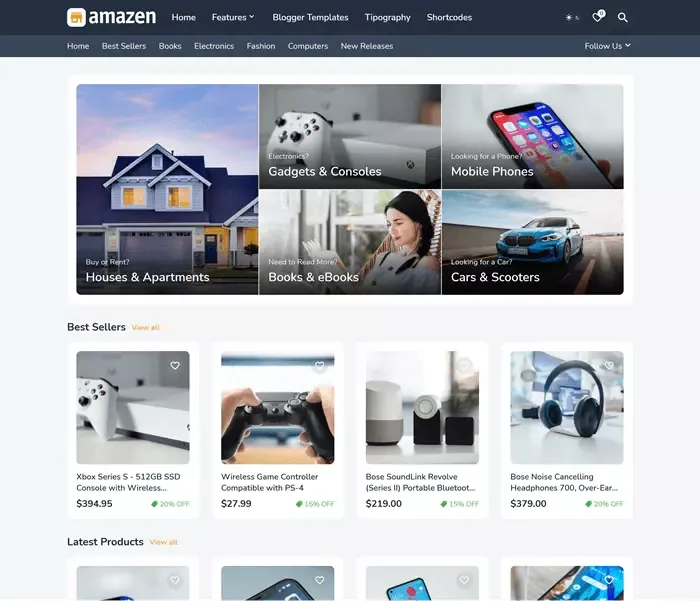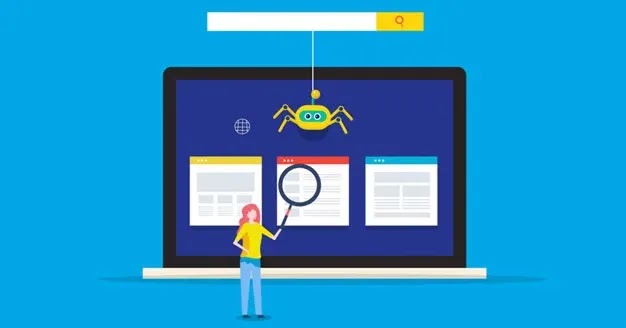What are internal and external links, and why are they important?
If you’ve read my blog posts, you’ve probably noticed words of different colors or underlined. When you click on those words, they will take you to another website or blog post. These words or expressions are hyperlinks that can be internal or external.
These links are sometimes obvious, especially when the term Click Here is used.
Link building is an essential part of your On-Page SEO strategy.
What are internal and external links?
Internal links point readers to different pages or areas of the blog or site within the same domain.
External links direct readers to other sites or blogs and link your blog to them.
Why are internal and external links important?
Most people focus exclusively on external links. But for a proper SEO strategy that search engines will reward, it is necessary to create an internal linking strategy.
Here are some reasons why internal linking is essential for SEO:
- They make it easier for readers to navigate the pages of a blog or site
- They help to establish a hierarchy of information on a given website
- They help to spread the ranking around your site
Internal Links
You can use keywords in your post and other words for internal linking. However, be sure to add links that point to relevant pages with valuable content, and not just enough to have internal links.
One example of a good internal link structure is
wikipedia.org. In any content, keywords are
always internally linked to other pages.
Also, building internal
links improves rankings of your site on Google.
Internal linking is also a great way to reduce your bounce rate. A low bounce rate is a sign for Google’s search engine that its quality blog.
For more information on internal links on your blog, you can use the Google Search Console.
There is no number of internal links recommended, but in my opinion, about 10 per page is enough, with the remark that it is not valid to exaggerate.
Please note that internal links are not broken, error pages, or blocked pages. Such things will negatively affect the indexing of your blog pages.
External Links
External links link the pages of your site to other sites, whether going from your site or other sites to yours.
You can use external links to connect with people who are your role models and who you consider to be experts in the field in which you work.
You can enrich your blog with a part of someone's text, quote, with the author, and a link to his site.
From the point of view of SEO blog optimization, quality external links can be more important than internal links.
In that regard, links from other sites that lead to your site are still there more important than the links that link yours to other websites.
The more links that other blogs/sites link to your site, if they are relevant to your business and topics, they positively affect the SEO of your site.
The number and quality of external backlinks to your site are of great importance for ranking.
Links from trusted sites with quality content improve the credibility of your site.
Sites from which you have a backlink to your site should be relevant and related to the topic you are writing about.
Such links will improve the trust in your site in the eyes of Google.
Exceptions here are links that lead to your affiliate offers. It is because from the point of view of search engines they have no value. The nofollow attribute should be added to these types of links "so as not to lose the" link juice " as well as SEO points. This way, you send a message to the browser not to follow that link.
A good way to build external links is to publish guests posts on other blogs.
Guest posts can increase the number of visitors to your blog. In addition, for external links, you can use the section for comments on other sites, giving meaningful comments with your link attached.
When it comes to the number of external links, preference should be given quality over quantity, but the number of such links can be from several to a maximum of 100 per page.
In any case, use external links only when necessary and only when they provide added value to readers. Make links to secure sites that have unique and original content.
Conclusion
Understanding the difference between internal and external links can improve your SEO strategy.
You've already realized that the proper use of internal and external links affects page rank and visibility.
A website that makes it easy for visitors and search engine bots to navigate will be indexed faster.
Internal links help search engine bots find others pages on your site.
The number and quality of external backlinks to your site are of great importance for ranking.
Building internal and external links needs to be considered in the long run.
Over time, the number of links and their diversity should grow as well a combination of quality internal and relevant external links.
Your effort and patience in building internal and external links will increase website visitors and better positions in search results.
This approach will ensure successful blog SEO optimization or site.
I hope these tips will be helpful and helpful in your blogging, share them with your friends on Facebook, Twitter or email to help them too.
Thanks for taking the time to read this article.









